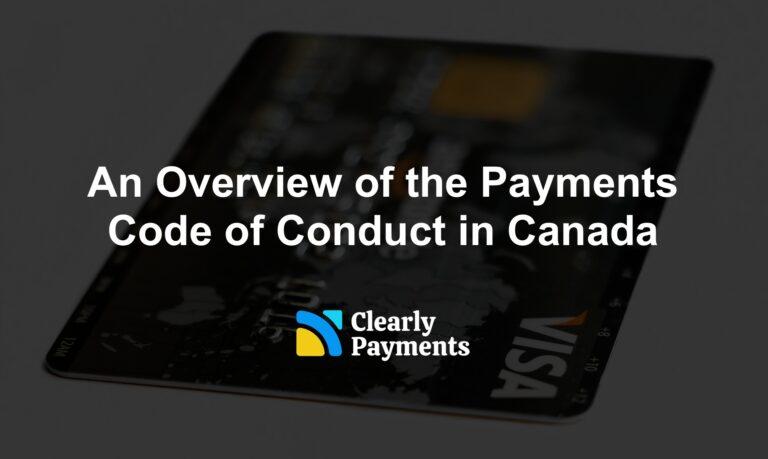Credit cards have revolutionized the way we transact, providing convenience and security for consumers worldwide. However, for merchants, accepting credit card payments comes with fees that range from 1.9% to sometimes well over 5%.
In this article, we cover some of the credit cards that are known to be more expensive for merchants. By understanding these high-fee options, businesses can make informed decisions when it comes to accepting certain credit cards.
Interchange fees are the largest portion of the payment processing fees that merchants pay. Each country has its own set of interchange rates so it might be good to familiarize yourself with it.
American Express (Amex) Cards
American Express is one of the largest credit card networks and is renowned for its premium credit cards, offering exclusive benefits and rewards to cardholders. AMEX has a 19% market share of the credit card market with 133 million cards globally and 56 million credit cards in the United States.
The AMEX exclusivity comes with higher merchant fees. AMEX operates on a closed-loop system, meaning they handle both issuing and acquiring services, allowing them to charge higher fees compared to other card networks. Due to factors such as higher perceived risk, unique features, and premium services, Amex cards typically carry higher interchange fees, impacting the merchant’s costs. Here is an explanation of interchange rates by the tier of credit card.
Premium Rewards Cards
Certain credit cards, often referred to as premium or high-end rewards cards, offer extensive benefits and perks to cardholders, such as travel rewards, airport lounge access, and cashback programs. These cards are aimed at affluent customers and tend to have higher interchange fees, resulting in higher costs for merchants.
Examples of premium rewards cards include the Chase Sapphire Reserve, Citi Prestige, or the RBC Avion Visa Infinite.
Business Credit Cards
Business credit cards, designed for business owners and corporate expenses, also have higher merchant fees compared to personal credit cards. These cards often come with features tailored to business needs, including higher credit limits and specialized expense tracking tools. The associated perks and increased risk of business spending contribute to the higher fees imposed on merchants. The extra fees for business credit cards can be 0.5% and more.
International Credit Cards
Accepting international credit cards lead to higher merchant fees. These fees are attributed to factors such as currency conversion, additional fraud protection measures, and potential higher interchange rates for cross-border transactions. Cross border fees can range from 0.05% to 1% in some cases.
Merchants that frequently process payments from international customers should consider the impact of these fees on their bottom line and work with processors that have low cross-border fees.
Things merchants should consider about fees
It’s important to note that while these credit cards are often associated with higher fees for merchants, the actual fees can vary based on factors such as the payment processor, the specific agreement with the acquiring bank, and the merchant’s industry. Additionally, the benefits of accepting these credit cards, such as attracting affluent customers or expanding international reach, should also be considered alongside the associated costs.
There are other things merchants can do to lower credit card processing fees. This includes tactics such as encouraging the use of debit cards, try to do as many in-person (card-present) transactions as possible, and going with a low-cost credit card processor like TCM.




